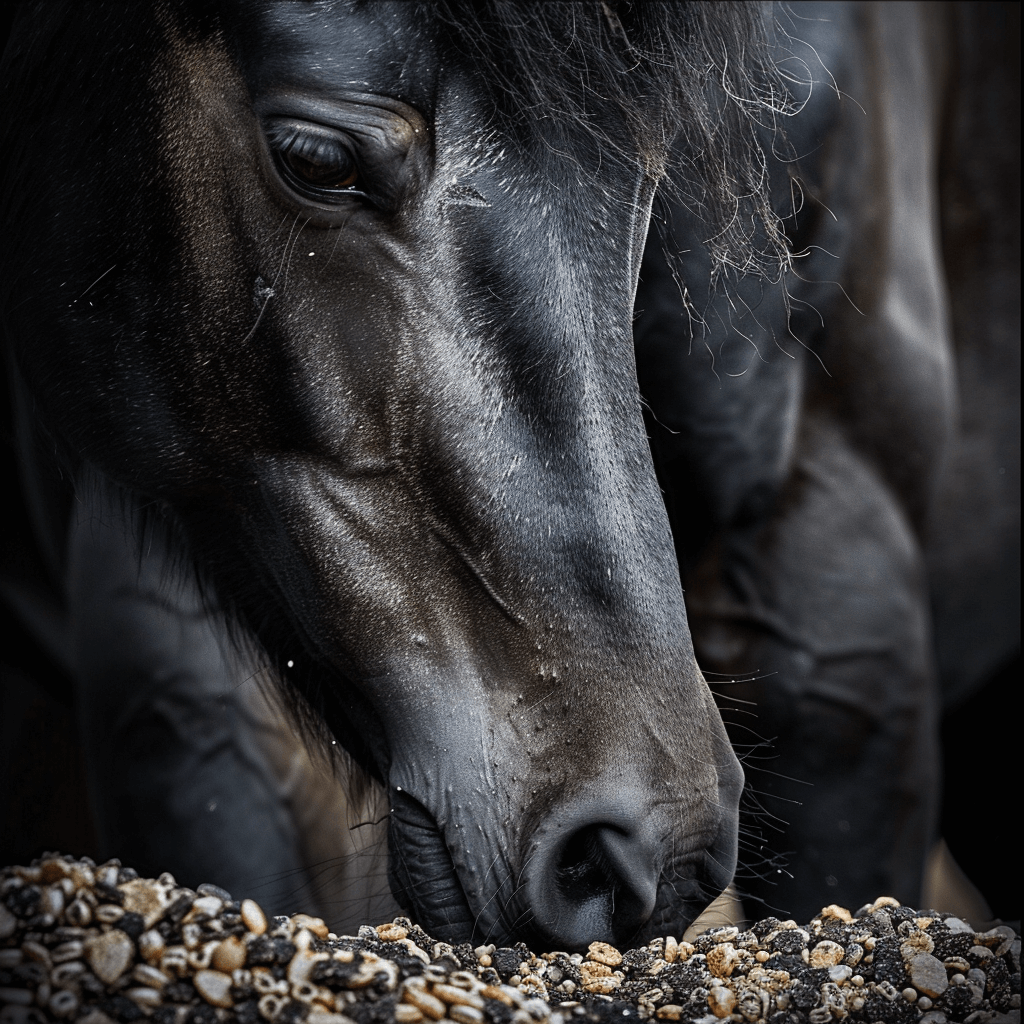Equine Thesis of the Year
BETA Equine Thesis of the Year Final
Study into African Horse sickness is a winner for BETA Equine Thesis of the Year
Alice Goff is the winner of the 2024 BETA (British Equestrian Trade Association) Equine Thesis of the Year Award with her dissertation: Prognostic Indicators for survival in Horses with African Horse Sickness.
The Royal Veterinary College graduate investigated prognostic indicators that are associated with survival from this devastating disease and identified successful therapeutics that might improve survival in horses infected with AHS.
Alice will receive a trophy and cash prize after four finalists presented their theses to a panel of judges during an online event on Sunday, 27 October.
Alice was thrilled and honoured to have been awarded the BETA Thesis of the Year Award. “It is a remarkable recognition of my dedication, hard work, and passion for equine nutrition research,” she commented. “My thesis represents not only a personal achievement, but also a significant contribution to both the academic and wider equestrian community as we try to make breakthroughs in combatting equine obesity without neglecting psychological welfare. This award inspires me to continue pushing the boundaries of knowledge, in particular the practical application of that knowledge, and I am excited to see how the research will continue to evolve in the future”.
“Real world impact”
The judges praised all four 2024 BETA Thesis of the Year finalists for their practically applied topics of real relevance to the equine industry.
“The judging panel would like to congratulate each of the finalists on the successful completion of their dissertation. During the competition their presentations allowed them to elaborate on their written work and bring their research to life,” said Dr Georgina Crossman who headed the four-strong judging panel.
“The selection of Alice as the winner was a unanimous decision by the judging panel. Her dissertation was well written, concise and professionally presented. Its outcomes have real life application and could directly impact horse welfare.”
This is the ninth year BETA has run the competition which recognises the best in undergraduate study across the UK and Ireland. An international audience from the public, industry and academia watched the finalists’ presentations online.
Universities and colleges offering equine-related degrees are each invited to submit one undergraduate dissertation entry for the annual BETA Equine Thesis of the Year.
Following preliminary judging, the following made it through to Sunday’s final:
- The Royal Veterinary College- Alice Goff – Prognostic indicators for survival in horses with African Horse Sickness.
- University Centre Myerscough- Charlotte Hodgetts – Cooling practices for equine thermoregulation after cross country competition.
- University of Limerick – Jake Draper – An investigation into the profitability of first season thoroughbred sires.
- Aberystwyth University – Rifka Faithfull – Influences of double and snaffle bridles on equine behaviour at dressage competitions and factors that interact with their effect.
The judges were Dr Georgina Crossman – a research consultant and owner of GK Crossman Consultancy; Dr Katie Williams – the technical and product development manager at Dengie; Sarah Jenkins – Editor-in-Chief, Horse and Hound; and Jack Day, Veterinary Surgeon with Rossdales specialising in thoroughbred racehorses.



